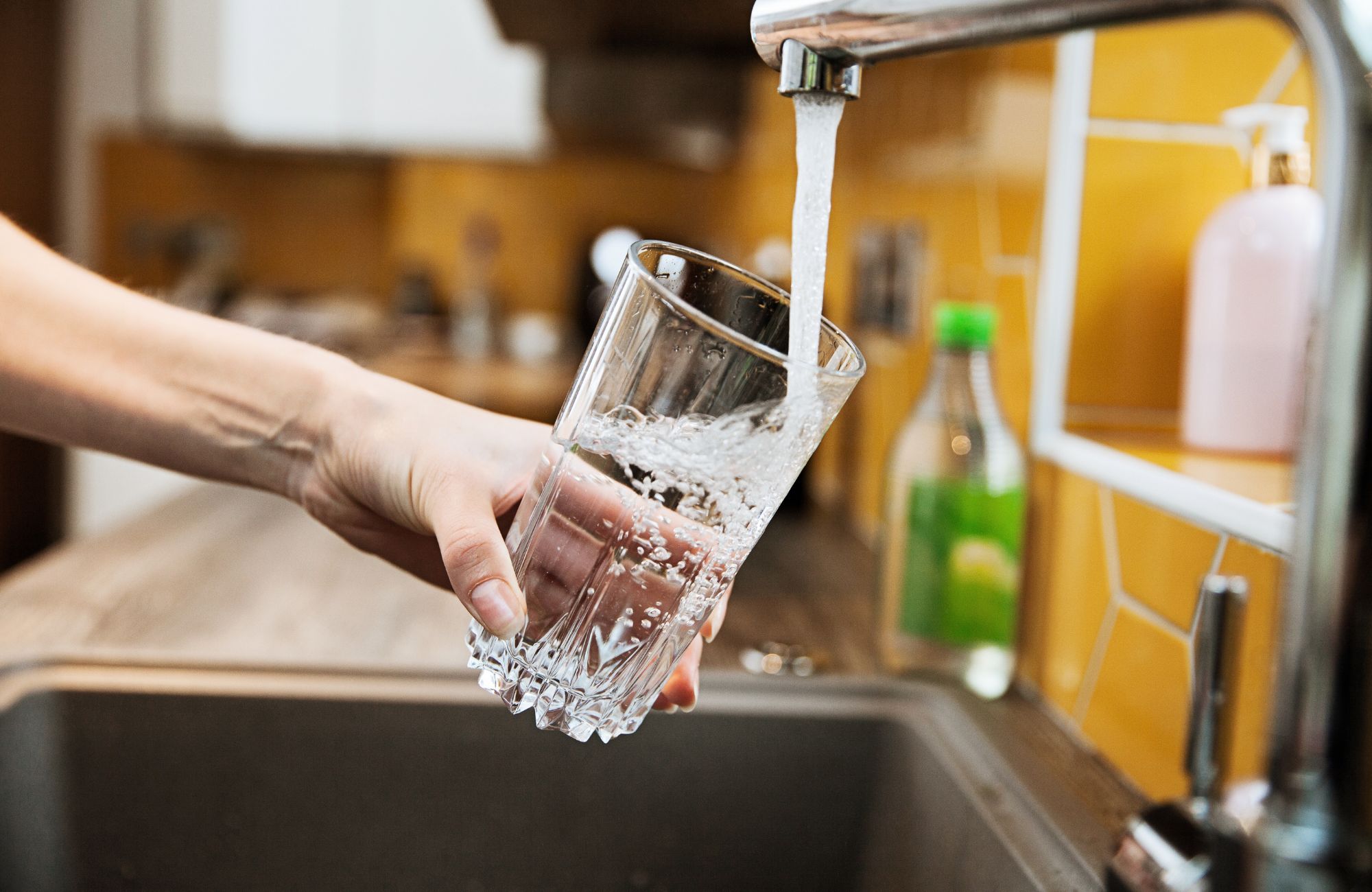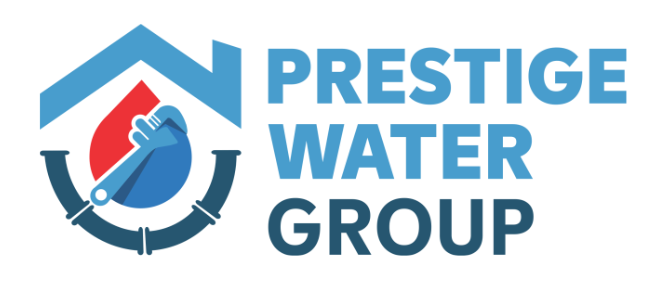
How Big of a Water Softener Do I Need? Complete Sizing Guide
Choosing the best solution and the right size water softener is crucial for ensuring your home gets efficiently softened water without unnecessary costs or maintenance issues. A properly sized water softener system will prevent soap scum, limescale buildup, and damage to your home’s plumbing while optimizing salt and water consumption.
Many homeowners make the mistake of purchasing an oversized or undersized water softener, leading to inefficient operation and increased operating costs. This guide will walk you through everything you need to know about water softener sizing, from understanding water hardness to calculating your household’s daily water softening consumption. By the end, you’ll have a clear answer to the question: How big of a water softener do I need?
Why Water Softener Size Matters
Choosing the correct water softener capacity is essential for efficient performance and cost savings. Here’s why it matters:
- An undersized water softener regenerates too frequently, consuming excess salt and water while wearing out the resin beads quickly.
- An oversized water softener may not regenerate often enough, leading to stagnant resin beds, bacterial growth, and wasted money on an unnecessarily large system.
- A properly sized softener ensures optimal flow rate, softens water efficiently, and reduces operating costs.
Understanding how much calcium and hardness your water contains and how much water your household uses daily will help you determine the correct size.
Understanding Water Hardness and Daily Water Usage
What is Water Hardness?
Water hardness refers to the concentration of dissolved minerals, primarily calcium carbonate and magnesium, in your tap water or supply. Hard water leads to issues like soap scum, limescale buildup, and dry skin.
Water Hardness Scale:
| Hardness Level | Calcium Carbonate (ppm) | Grains per Gallon (GPG) |
|---|---|---|
| Soft | 0-60 ppm | 0-3 GPG |
| Moderately Hard | 61-120 ppm | 4-6 GPG |
| Hard | 121-180 ppm | 7-10 GPG |
| Very Hard | 181+ ppm | 11+ GPG |
How to Measure Your Water Hardness
- Contact your municipal water provider if you’re on city water.
- Use a home test kit for an accurate hardness value.
- Look for common signs of hard water like soap scum, mineral buildup, and dry skin.
How Much Water Does Your Household Use?
On average, a person uses about 75 gallons per day. A household’s total daily water usage can be estimated as:
(Number of people) × (Average gallons per person) = Total daily water consumption
For example, a family of four uses approximately 300 gallons of water per day.
How to Calculate the Right Water Softener Size
Understanding Grain Capacity
A water softener’s grain capacity represents either how much salt or how many grains of hardness it can remove before regenerating. To calculate the right softener size:
- Find Your Water Hardness Level (measured in grains per gallon – GPG).
- Calculate Daily Softening Requirement:
Daily water usage (gallons) × Water hardness (GPG) = Total grains per day - Select the Right Softener Capacity:
- Choose a softener that can handle your weekly softening needs without regenerating too frequently (every 7 days is ideal).
Water Softener Sizing Chart
| Household Size | Water Hardness (GPG) | Recommended Softener Capacity (Grains) |
|---|---|---|
| 1-2 people | 5-10 GPG | 24,000-32,000 grains |
| 3-4 people | 10-15 GPG | 32,000-48,000 grains |
| 5+ people | 15+ GPG | 48,000+ grains |
Types of Water Softeners & Their Impact on Sizing
Choosing the right type of water softener is just as important as selecting the correct size. Different systems operate in distinct ways, affecting how well they handle water hardness and how frequently they need maintenance. Below, we explore the main types of water softeners and their impact on sizing.
Salt-Based vs. Salt-Free Water Softeners
Salt-based and salt-free water softeners work differently, and understanding their differences can help you choose the right system for your home. These softeners physically remove minerals like calcium and magnesium through an ion exchange process, while salt-free systems condition the water to have less salt to prevent scale buildup rather than eliminating hardness minerals.
- Salt-based softeners remove minerals through ion exchange and require specific grain capacities.
- Salt-free systems don’t technically soften water but help prevent scale buildup.
Single vs. Dual Tank Water Softeners
When selecting a water softener, you’ll also need to decide between a single-tank or dual-tank system. Single-tank softeners work well for smaller households but may require regeneration at inconvenient times. Dual-tank systems, on the other hand, provide continuous access to the water softener you need with water, making them ideal for larger households or homes with high water consumption.
- Single-tank softeners regenerate when needed, but you may experience a lapse in the soft water supply.
- Dual-tank systems provide continuous softened water by alternating between tanks.
Optimizing Water Softener Performance
Proper maintenance and regular regeneration cycles are essential for keeping your water softener functioning efficiently. If your system is not optimized, it may use more salt and water than necessary, increasing your operating costs. Below are some key considerations to ensure your water softener is working at peak performance.
How Often Should a Water Softener Regenerate?
The frequency of regeneration depends on your household’s water usage and the grain capacity of your softener. A properly sized system should regenerate more grains once every 7 days to maintain efficiency and extend the lifespan of the resin beads. If regeneration occurs too often, it may indicate that your softener is too small for your household’s needs.
A well-sized softener regenerates hard water once every 7 days to ensure efficiency and longevity.
Maintenance Tips for Longevity
Regular maintenance is essential to ensure your water softener continues to function effectively. Proper care can help prevent salt buildup, resin degradation, and system inefficiencies. Here are some simple yet effective maintenance tips:
- Check salt levels regularly.
- Clean the resin bed as needed.
- Adjust settings based on household water consumption.
Conclusion
Choosing the right water softener size ensures your home gets softened water efficiently while keeping operating costs low. By your water bill, measuring your water hardness level, and estimating your daily water consumption, you can select a water softener system that meets your needs.
If you’re still unsure about the correct size, consider using a water softener calculator or consulting a professional. Investing in the right water softening system will help save money, prevent damage to pipes, keep water pressure, and improve water quality for years to come.
Have water heater issues? Prestige Water Group provides expert installation, repair, and maintenance across New Jersey. Whether upgrading to a tankless unit or servicing your current system, our licensed professionals are ready to help. Call (973) 227-4740 or email info@pwgroupnj.com to schedule an appointment. Visit our website for details on our plumbing and water treatment services.
FAQs
How do I tell what size water softener I need?
To determine the right size water softener, calculate your daily water usage and water hardness level, then use a softener that meets your weekly grain removal needs. Consulting a professional can also help confirm your choice and optimize performance.
What size water softener do I need for a family of 4?
A family of four with 10 GPG hardness typically needs a 32,000-grain capacity water softener. However, if your home has high iron levels or excessive water usage, a larger system might be beneficial.
Is it better to oversize a water softener?
An oversized water softener may not regenerate often enough, leading to stagnant water in the brine tank and bacterial growth. It’s best to select a size of water softener that balances efficiency with regeneration needs.
Is a 48,000-grain water softener enough?
A 48,000-grain softener is ideal for larger households with high water hardness levels but may be excessive for smaller homes with average water usage. Consider your exact water hardness and daily consumption to make the best choice.
